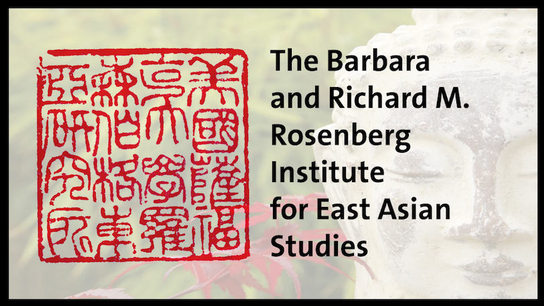
Rosenberg Institute Scholars
Files
Download Full Text (395 KB)
Collection Number
Rosenberg Institute Scholar Research Paper, December 2023
Description
China’s digital footprint has been expanding rapidly in Latin America in the last two decades. Neither the U.S.-China tech war nor the U.S.-led global campaign aimed at Chinese tech firms seemed to be able to reverse the trend. Much of the policy discussion in the western media surrounding China’s digital expansion focuses on the supply side, emphasizing the potential risks of adopting Chinese technologies. Yet there remains scant research on the demand side— namely, how policymakers in developing countries perceive Chinese tech firms and how they maneuver amid the intensifying rivalry between the U.S. and China. Why did Chinese tech firms become key telecommunication equipment providers for Latin America despite geopolitical headwinds? To shed light on the issue, my research examines local stakeholders’ perceptions of Chinese tech firms and their choices between development and national security. Employing a case study of Huawei’s expansion in Brazil, I argue that the lack of political consensus on banning Huawei, the prohibitive costs of replacing Huawei, Brazil’s priority of development over security concerns, and China’s vaccine diplomacy enabled the Chinese tech giant to gain a firm foothold in Brazil. Instead of perceiving Chinese technologies as a security threat, major Brazilian regulators and internet service providers consider Huawei as an opportunity for them to bridge the digital divide.
Publication Date
12-2023
Publisher
Rosenberg Institute for East Asian Studies at Suffolk University
City
Boston
Keywords
China, Brazil, Huawei, digital technology, international relations
Disciplines
Asian American Studies | Asian Studies
Recommended Citation
Zeng, Julie Jin, "Threatening National Security or Bridging the Digital Divide? A Case Study of Huawei’s Expansion in Brazil" (2023). Rosenberg Institute Scholars. 5.
https://dc.suffolk.edu/rifellows/5
Creative Commons License

This work is licensed under a Creative Commons Attribution-NonCommercial-Share Alike 4.0 International License.

